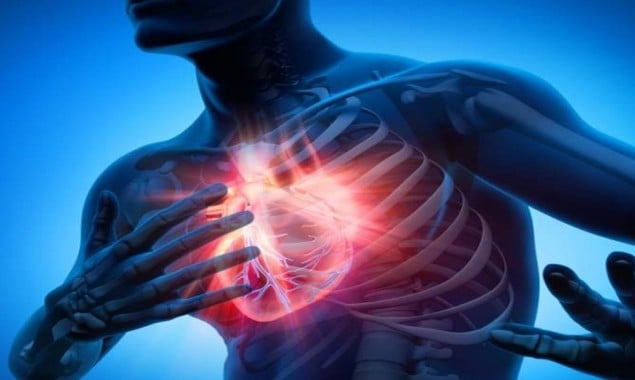
Want to protect yourself from life-threatening illnesses like heart attack and stroke? So make simple things a part of your life.
Getting into the habit of eating healthy foods can significantly reduce the risk of stroke and heart attack.
This was revealed in a medical study conducted in the United States.
Research from the Harvard TH Chen School of Public Health found that healthy eating habits reduced the risk of coronary heart disease and had a number of health benefits.
The study focused on four dietary trends and four different ones, but the researchers emphasized that the use of grains, vegetables, fruits, pulses and nuts reduced the risk of life-threatening diseases.
Similarly, reducing the consumption of red and processed meat as well as sweetened beverages also provides protection against diseases.
The researchers compared each diet with three different research reports on the risk of coronary heart disease, which involved about 200,000 people.
After decades of follow-up, researchers found that people who ate a healthy diet had a 14 to 21 per cent lower risk of coronary heart disease, including stroke and heart attack.
The data reinforces the evidence that healthy eating habits help prevent coronary heart disease on a long-term basis.
The report said that it is not necessary for everyone to eat the same food, just make it a habit to combine different types of healthy food.
According to researcher Dr Frank Hu, “These data provide further evidence to support current dietary guidelines that following healthy eating patterns confer long-term health benefits on cardiovascular disease prevention.” Hu is a professor of nutrition and epidemiology at Harvard.
“There is no one-size-fits-all diet that is best for everyone. One can combine foods in a variety of flexible ways to achieve healthy eating patterns according to individuals’ health needs, food preferences, and cultural traditions,” he said in a school news release.
The results of the study were published in the medical journal JAMA Internal Medicine.
Also read: Ten appalling facts about Depression
Read More News On
Catch all the Health News, Breaking News Event and Latest News Updates on The BOL News
Download The BOL News App to get the Daily News Update & Follow us on Google News.




